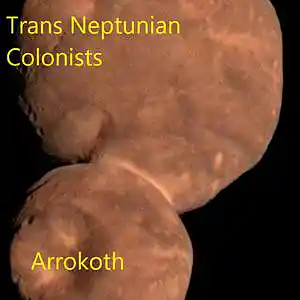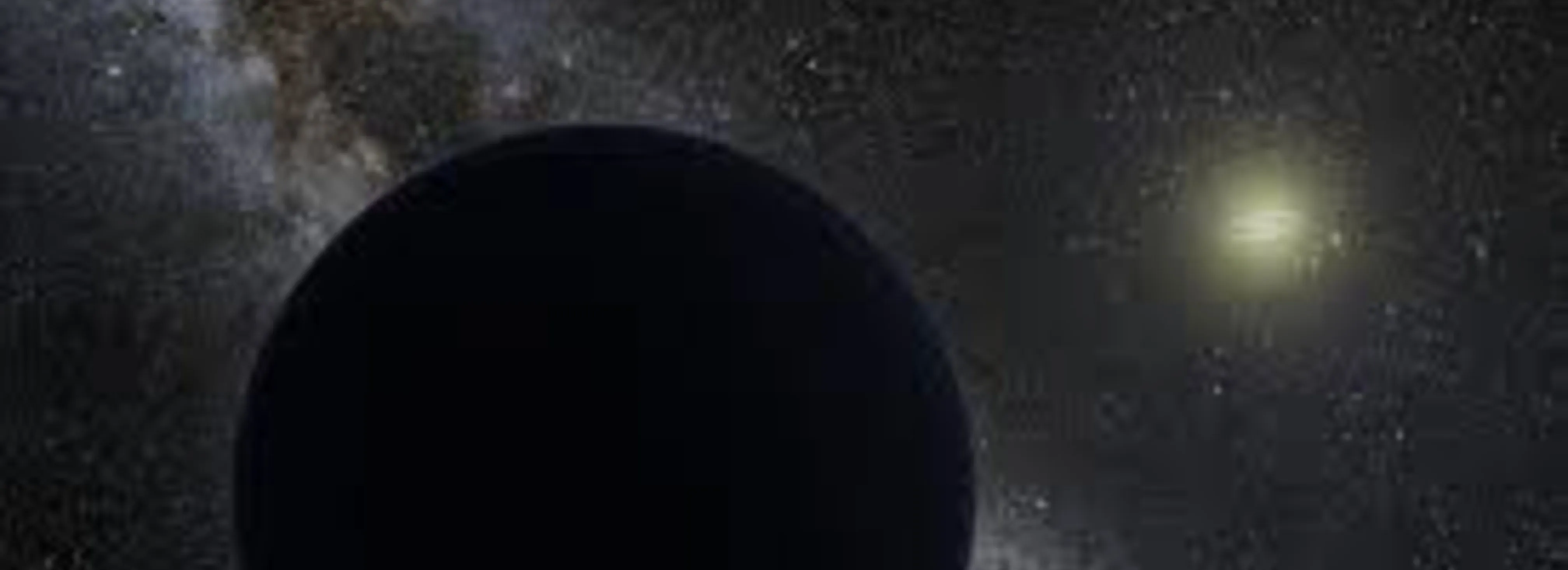
Trans Neptunian Colonists
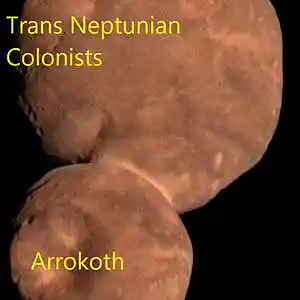
15 AU beyond the orbit of Neptune lie many minor planets. The colonists identify the bound binary objects that compose minor planet 486958 to be of interest. Safely getting there and back will be a challenge.

The minor planet may be a source of hydrocarbon ices, organic materials or other items of interest and use to the colonists.
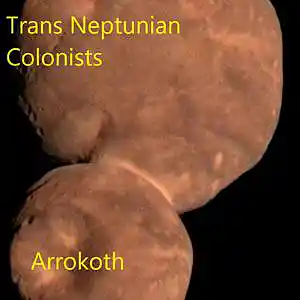
The journey is long and mostly consists of maintenance tasks, astronomical scans, and physical conditioning.
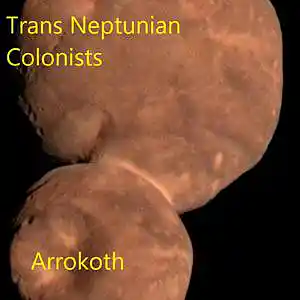
Final approach is one of the riskiest portions of any voyage.
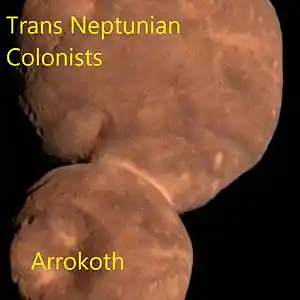
Ultima is the larger portion of the binary, about 21km across. Ultima appears to consist of several smaller bodies that have collided at low speeds and fused.
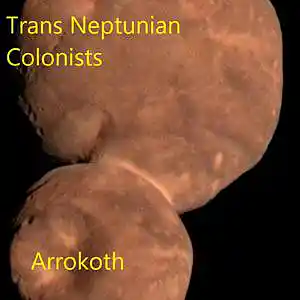
Thule is about 15km across and more spherical than Ultima. The center of mass is between the two objects, causing them to engage in a ceaseless dance around one another in perpetuity.
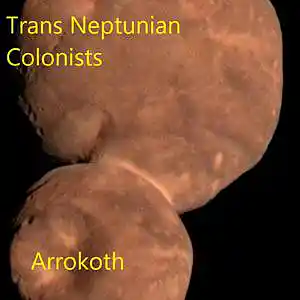
Designated minor planet 486958, the minor planet is also called "Arrokoth." "Ultima Thule" (translates roughly as "the furthest place") is an informal name for the minor planet.
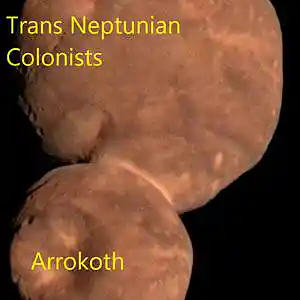
Hydrogen cyanide ice may be prominent on Arrokoth, along with methanol, acetylene, ethane, and other ices.
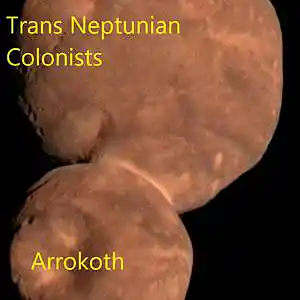
Arrokoth is an ultra red cold classical Kuiper belt object. "Ultra red," in this case, means that its coloration is more red than Pluto. The red coloration is due to tholins, or complex organic compounds.
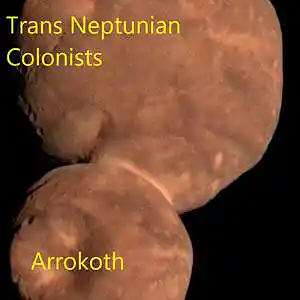
Cosmic rays and solar ultraviolet radiation cause simple organic compounds and volatiles to produce tholins and hydrogen gasses.
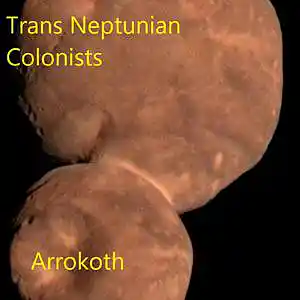
Arrokoth will continue its non-eccentric orbit of Sol about once every 300 years for countless years ahead. It will perhaps continue unpreturbed by other bodies until Sol has ended the main sequence stage.
